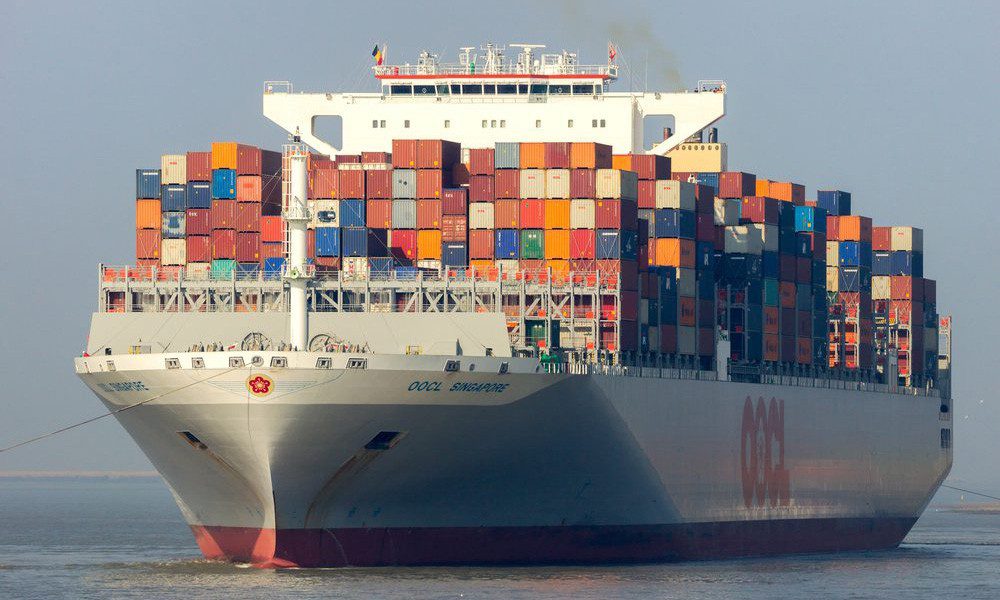A long handover was supposed to ensure a smooth transition of power at DSV but the reality ended up being quite the opposite.
After three months in which it was known that Jens Lund would take over the title of CEO of the logistics group by the end of September this year, it was announced on Thursday that the changeover would take place today.
One scenario could be that Jens Lund has become impatient and his inability to make decisions and implement his visions is starting to become a hassle
Per Nikolaj Bukh, professor of financial management at Aalborg University Business School,
It’s news that comes as a surprise to an equity analyst and a corporate governance researcher.
”I am surprised, I had actually thought that Jens Bjørn’s knowledge would be utilized until September,” says Mikkel Emil Jensen, senior analyst at Sydbank.
However, he believes that the accelerated transition will send a clear signal to employees and business partners about who is in charge.
”You probably don’t want there to be any doubt about who is in charge. The fact that DSV is pushing the button earlier than previously thought certainly makes that clear.”
Often, the aim is for a change of manager to take place relatively soon after it has been announced.
For example, it only took a few weeks from Søren Skou announcing his exit from Maersk to Vincent Clerc taking over as CEO at the beginning of 2023.
According to the now former CEO Jens Bjørn Andersen, it was always going to leave earlier than the original deadline, even though the outside world may have had a different perception.
”It was never the plan that it would take 12 months for Jens to take over,” Jens Bjørn said on an investor call on Thursday after the 2023 annual report.
Several possible explanations
It has not been possible to ask DSV or either Jens why the transfer of power is happening now.
The listed group, which is among the country’s 25 most valuable companies, has decided to speak to only three selected media in connection with the presentation of the annual accounts.
Per Nikolaj Bukh, professor of financial management at Aalborg University Business School, believes that there are three possible explanations for why the generational change has suddenly been brought forward.
”One scenario could be that Jens Lund has become impatient and his inability to make decisions and implement his visions is starting to become a hassle,” says Per Nikolaj Bukh.
He also posits the explanation that the change could eliminate uncertainty about who has actually been at the helm.
”The last explanation, which I think is the most plausible, as it is the most natural human explanation, is that Jens Bjørn Andersen simply wanted to get started on the next phase of his life,” he concludes.
No major changes
The consensus among analysts is that the early departure is in no way an indication that the DSV board has been dissatisfied with Jens Bjørn Andersen’s performance as CEO for the past 16 years.
Quite the contrary.
Tobias Fromme, an analyst at US asset manager Alliance Bernstein, doesn’t think the CEO switch will lead to major changes.
”While a longer transition certainly wouldn’t have been a negative signal, we think that Lund and his management team will continue to handle the group at least as well as the previous teams did.”
This begs the question of why there was a need for a change of CEO at all.
Previously, Thomas Plenborg, Chairman of the Board of Directors of DSV, has stated to WPO:
”Jens Lund has been responsible for a lot of new initiatives that are being rolled out, and therefore it feels right that he gets the baton now, so he gets the full responsibility for implementing them.”
German acquisition and lucrative desert city
Jens Lund is taking over from Jens Bjørn at a busy time for the company.
As previously described by WPO, DSV is one of the favorites to get its hands on German DB Schenker, which was put up for sale at the end of 2023.
It could be the largest acquisition in Danish history and send DSV to the top of the list of the world’s largest freight forwarders.
2024 is also the year when the freight forwarder’s major new project in Saudi Arabia will be launched.
It is an economically prestigious project that will be very lucrative for DSV from a financial point of view. On the other hand, it is a project that has been criticized by the UN and that many investors are nervous about due to its ESG risks.
A dynamic duo
Jens Lund and Jens Bjørn have often been described as a close-knit team in DSV’s rapid rise to the top of the global freight forwarding industry.
Under the pair’s leadership, DSV has swallowed up three rivals since 2016, with the acquisitions of Swiss Panalpina in 2019 and Kuwait-based Agility GIL in 2021 ranking as two of the largest corporate deals in Danish business history.
With these deals, DSV has become world-renowned for its ability to quickly integrate acquisitions and its now infamous willingness to cut costs.
According to the investment bank Bernstein, DSV has cut around 45% of the employees in the acquired companies once they have been absorbed.
(Translated using DeepL with additional editing by Catherine Brett)





